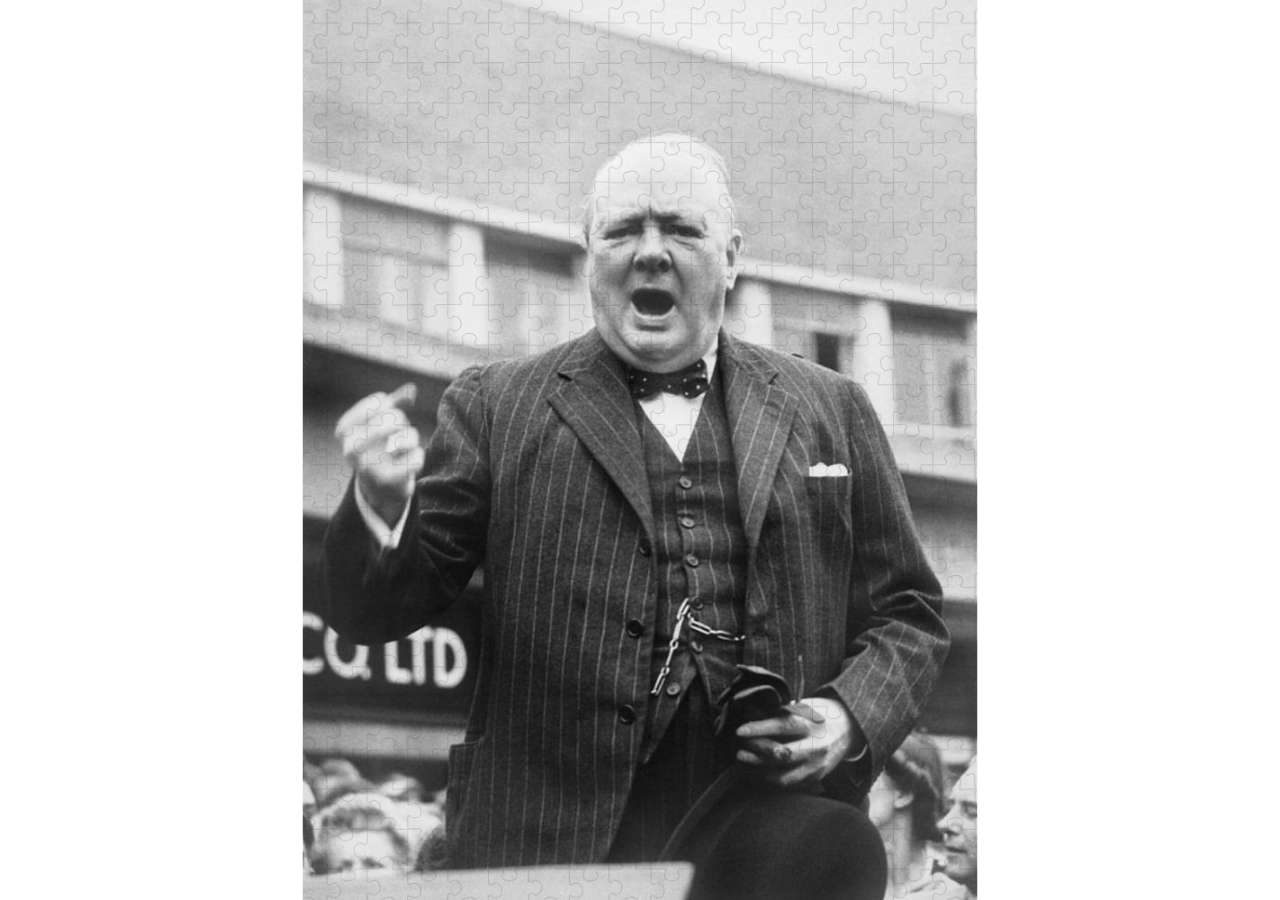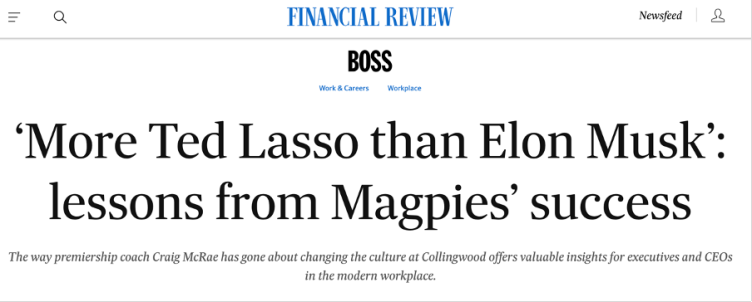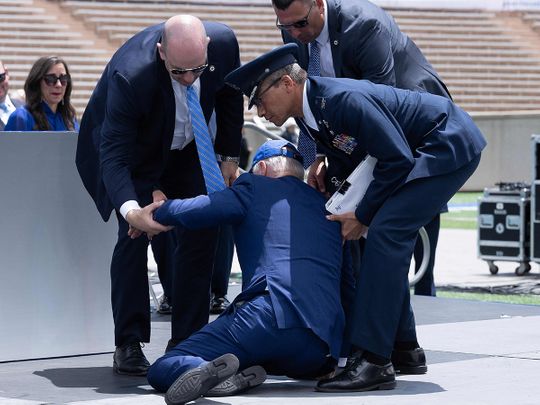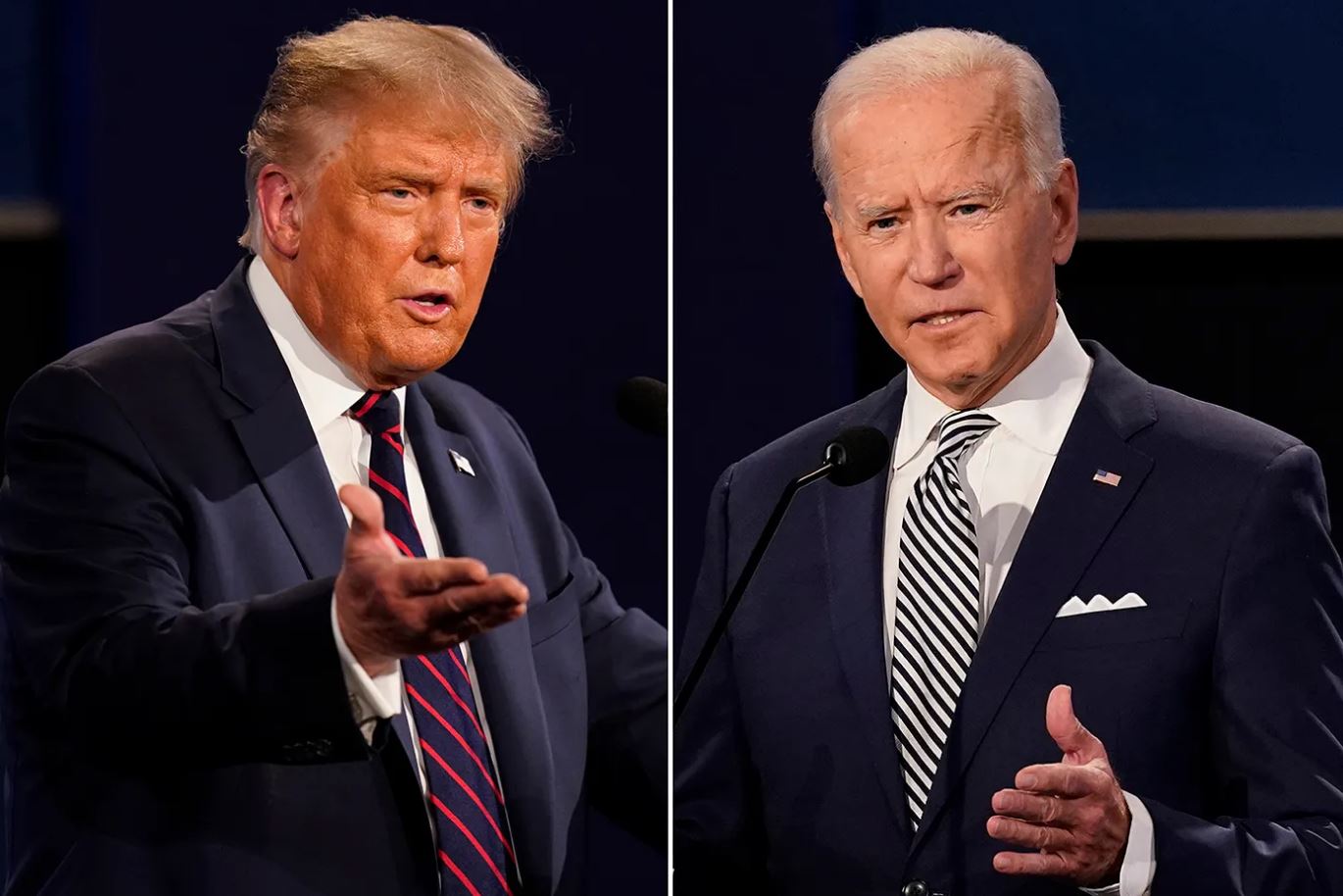I once heard that Churchill convinced the British they could win the Second World War, and having won, convinced them they had actually achieved it.
Of course, the implication here is that the reality was the British had Buckley’s of winning any war. Thank God for the Americans (and Australians and others), or they would not have won anything. It was (and still is) a marvel to see and hear Churchill. Personally, I find it spine-tinglingly magnificent to this day¹.

And we have examples of excellence in the oddest of places. Which brings me to another winning note, Collingwood. Did you see that coming??
I heard someone say, “It wasn’t just that Collingwood won, it was that Collingwood refused to lose.” They had endless depth of spirit which was palpable, and congratulations to Craig McRae, whose focus on ‘being a winner’, every day in every way, quite simply ‘worked’. Go Pies!

On the other hand, watching a political program on the TV (no names no pack drill, Louise) over the weekend, I see journalists laid back on their coaches with their open shirts, spewing dialectic on every given topic and I was left wondering if anyone was being influenced. Did I feel minds changing before me? Not.
Which brings me to the etymology (the history of a word or phrase) of the words ‘rhetoric’ and ‘dialectic’.
While both rhetoric and dialectic are concerned with both sides of an opposition, dialectic involves the construction of arguments for and against any thesis, while rhetoric considers what is possibly persuasive in any given case.²
I ask you, are you working on your dialectic or your rhetoric?
Churchill knew rhetoric and how to influence and so does Craig McRae. And it’s all learnable.
The crisis of ignoring these skills is thus: Do we achieve the best outcomes for our everyday decision making and on a larger scale, what about the votes on the Voice, Brexit or the American election?
If we don’t learn some skills, our only choice is ‘to ride out the storm of war and to outlive the menace of Tyranny’.
Let me hear your thoughts..
Source:
¹ Listen to the best 12 minutes 31 seconds ever hear ‘We shall fight on the beaches’
² Rhet. I.
³ Churchill
In the media this week…

I believe we are coming around!
It is exciting to be quoted yesterday by Patrick Durkin in the Boss, Financial Review on the positive approach of coach Craig McRae and the implications for modern leadership.
Lead with Gravitas
Leadership Development Programs
Find out about Dr Louise Mahler’s Gravitas Leadership Programs for your leaders and teams.











